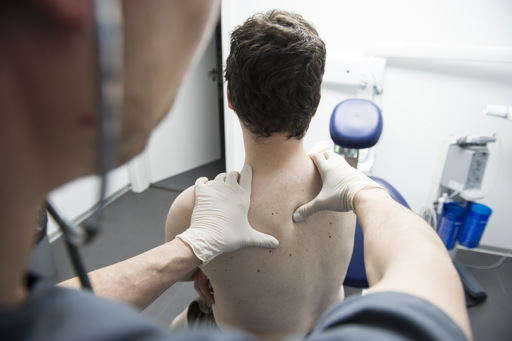Almost 80% percent of doctors participating in a survey on poverty conducted by De Artsenkrant, and commissioned by the University of Antwerp, indicate that poor patients cannot afford their health-care costs.
“It makes no sense to prescribe the medication if people cannot pay at the pharmacy,” said Professor Kris Van den Broeck of the University of Antwerp. About half of the doctors surveyed stated that poor people have no or no timely access to the care they need. “We must dare to work even more preventively,” said Van den Broeck.
Doctors' interest in the survey was relatively low. Two years ago, a survey on substance use had received 4,000 responses from doctors. However, the current poverty survey garnered only 1,000 responses.
“General practitioners and psychiatrists in particular have now responded, but not so much the specialists,” Professor Van den Broeck said. “There is also little attention for the theme of poverty in the training programmes," he noted, adding, however, that "Ghent is doing a bit better in that regard than Antwerp.”
According to Van den Broeck, general practitioners are slightly more sensitive to the theme of poverty than specialists. “General practitioners know their patients better. Specialists often do not do the administrative work themselves and therefore have less of an overview of patients’ data via the computer.”
The survey also indicates that almost half of the doctors believe the poor are doing too little to change their situation, although Van den Broeck thinks that conclusion needs to be nuanced.

